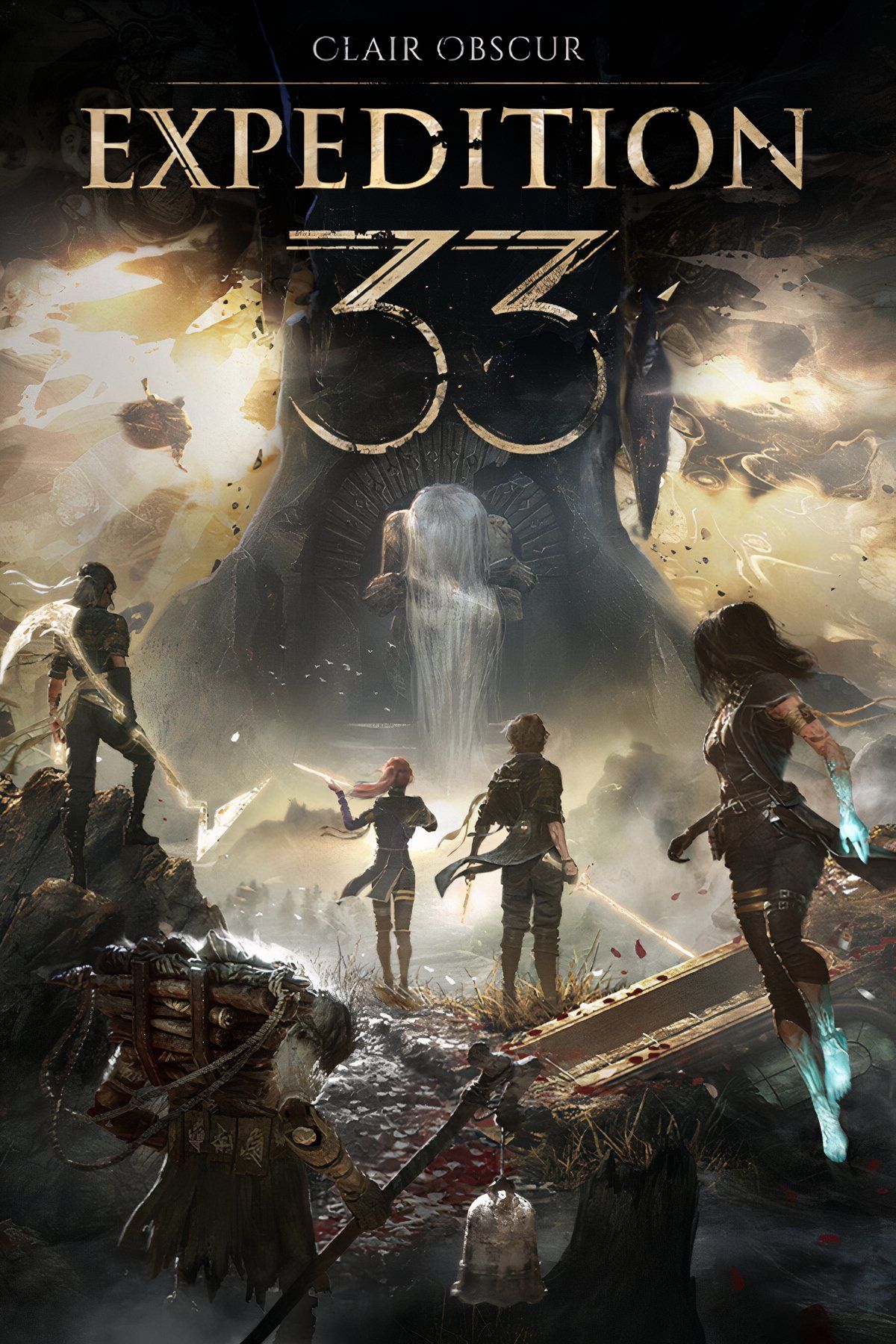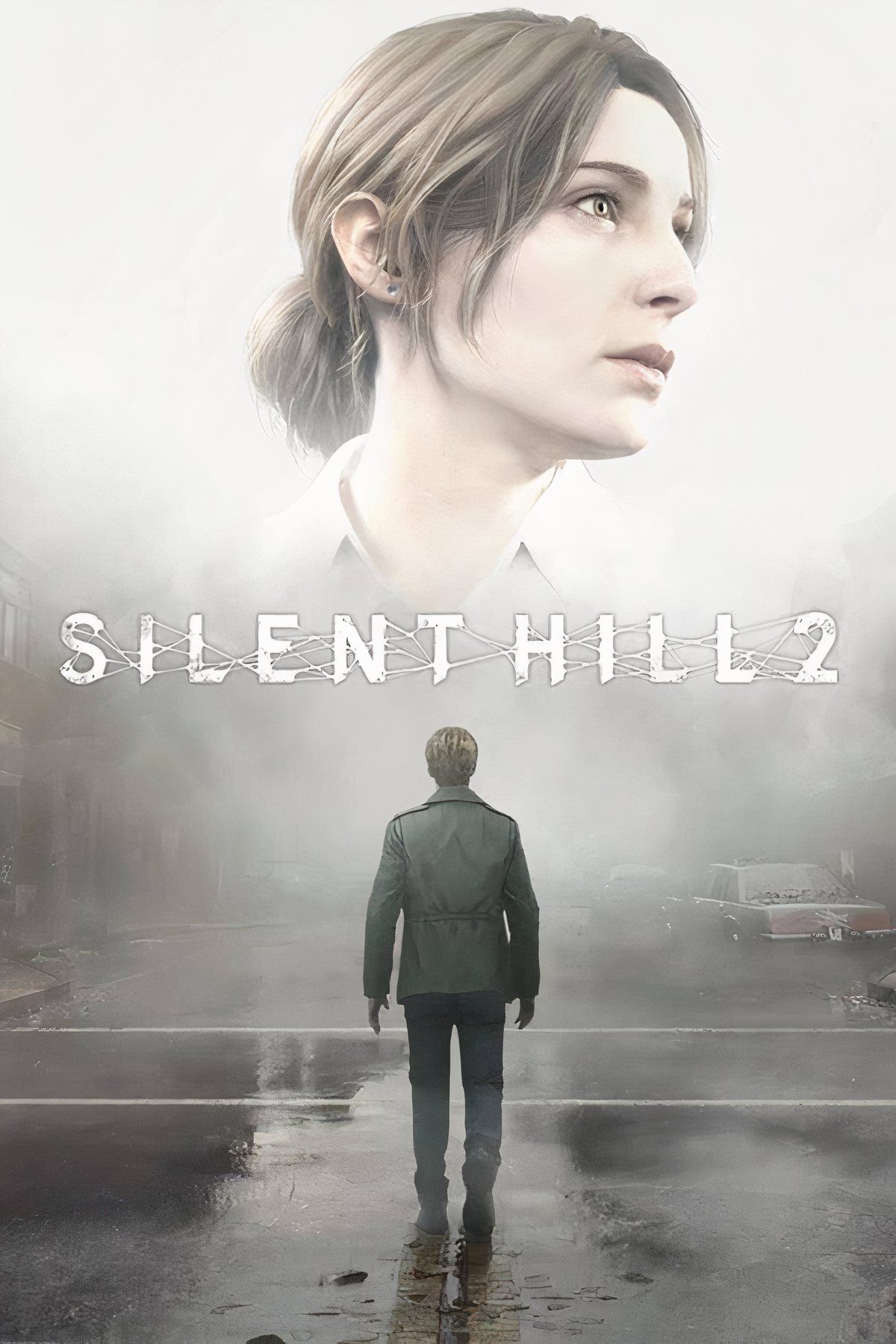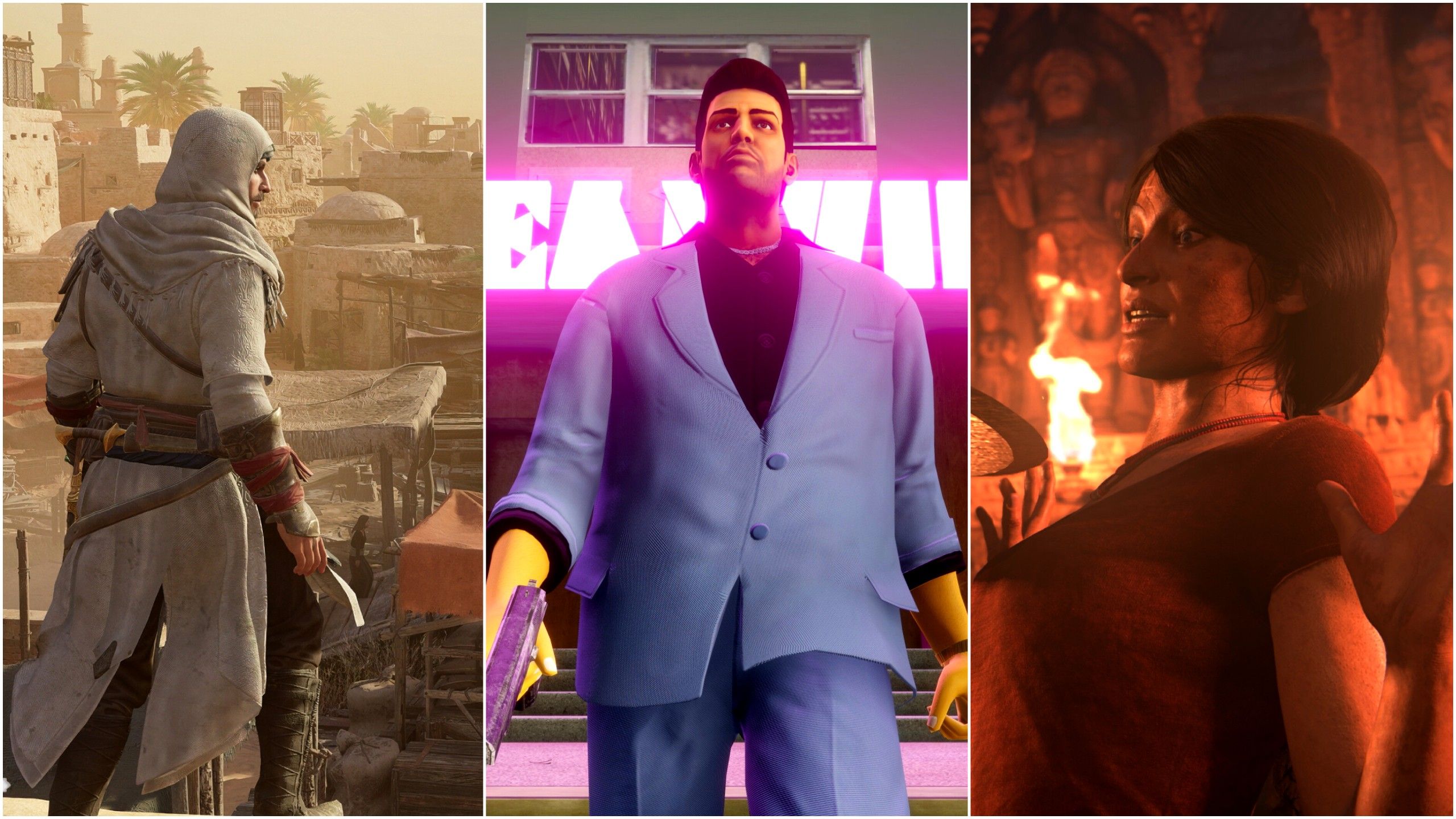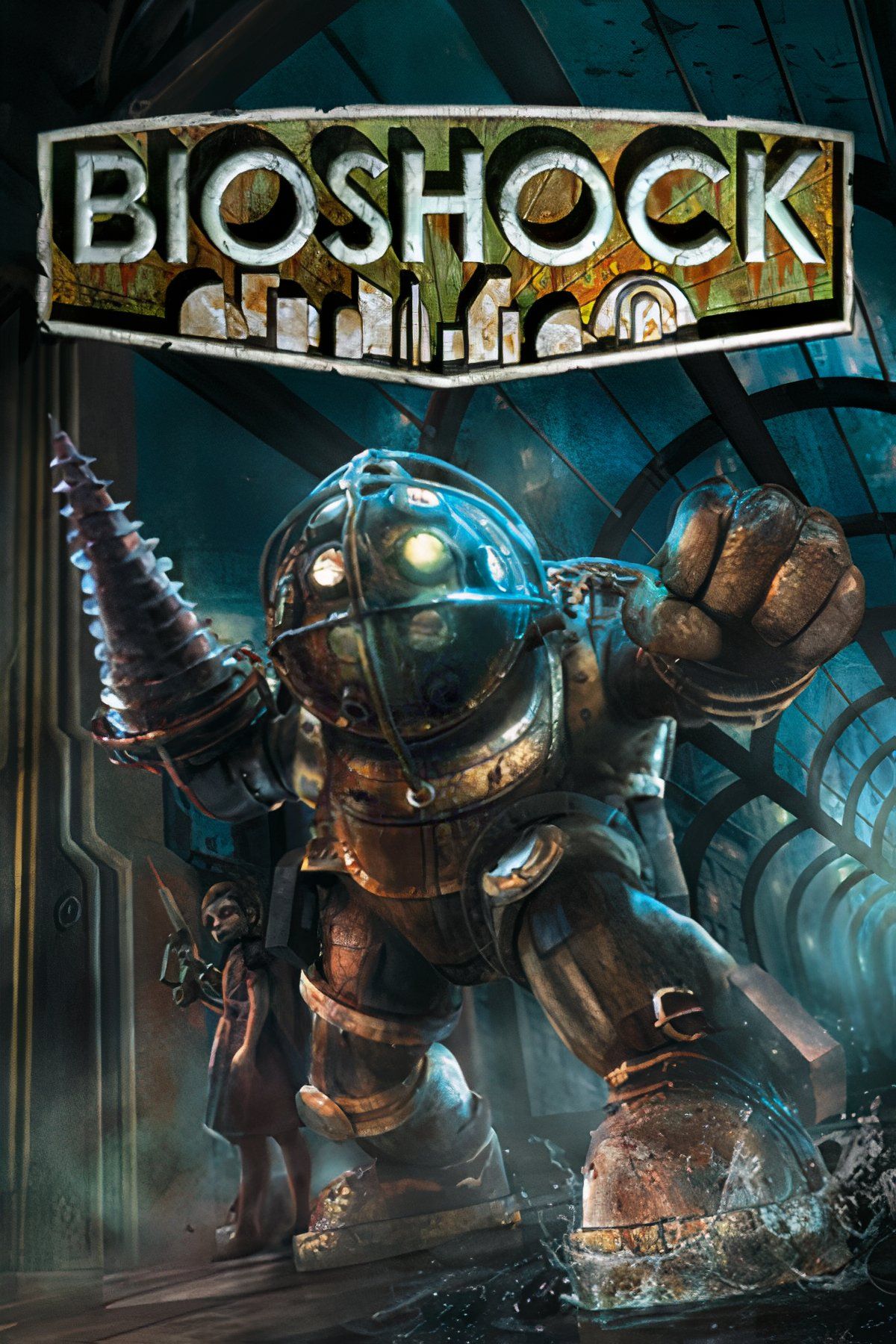Video game storytelling has evolved significantly in recent years, thanks to the development of deeper and more intricate narratives. There are fantastic adventure games with great narratives, along with indie games breaking the mold of what has come before. Even so, video games still feel narratively behind other mediums, like movies and books, but the gap has been shrinking. As more storytelling techniques from traditional forms of narratives become more common in games, there are a few techniques that I want to see more of in video games. These are techniques that either feel difficult to pull off in video games, or just something that isn't as common as it should be.
This article contains spoilers for Bioshock, Clair Obscur: Expedition 33, and Silent Hill 2.

Related
7 worst gaming trends that deserve a fatality in 2025
There's plenty wrong with the gaming industry that needs to be left in the past, where it belongs.
3 The unreliable narrator
Perhaps we shouldn't be so trusting of the main character
The unreliable narrator is a relatively common storytelling technique in movies and books, but it's a little less common in video games. Perhaps the main example comes from Bioshock, one of the most influential games of all time. In Bioshock, there are two late-game reveals. The first is that your character is a sleeper agent sent to destroy Rapture and give control to the villainous Atlas, which overrides what we believed to be a freak plane crash. The second reveal is that the phrase "would you kindly" can be used to force you to complete tasks. The second part of the reveal is what makes Bioshock famous, since it feels like commentary on the nature of video games, but it's not necessarily the kind of trick that can be pulled twice. The misinformation given to you by the main character at the start, however, makes this reveal possible, and it's odd that more games haven't used this to their advantage.
2 Using a false start to shift the story
What if your goal was drastically different from the one you started with?
A false start in narratives occurs when the original stated goal of the protagonists is revealed to be not what they initially thought, resulting in a significant narrative shift to a new goal. It's tricky to pull off, as it could drive people away from the story if done crudely or late in a narrative, but being able to reveal a new purpose late in a story can provide a needed boost of energy, especially in long games.
Clair Obscur: Expedition 33 is a recent example of this, and it actually does it twice. The first instance comes at the end of Act I, when Gustave, who has served as the protagonist up to this point, is killed, and a new character takes his place. The second instance comes at the end of Act 2, when it's revealed that the world is just a fictional magical painting, changing the stakes and the stated purpose of the party. While the end of Clair Obscur: Expedition 33 doesn't work for everyone, these narrative techniques do keep the game fresh and engaging from start to finish.

Clair Obscur: Expedition 33
1 Giving you just the right amount of information
"I know writers who use subtext and they're all cowards"
Dialogue and exposition are perhaps one of the weaker aspects of video game narratives. For whatever reason, most games either give you so little that it requires a YouTube video to understand, like FromSoftware games, or, even more frustrating, the game beats you over the head with every single detail. That second one is common in tons of games, including great ones, but an example that comes to mind is one from my recent time with Stellar Blade. Early in the game, you discover an escape pod that has crash-landed. Adam remarks that the pod crashed and landed two years ago. A close-up of the pod makes it clear that it's part of the same military force as Eve, who then directly states as much. This information is repeated after the boss fight when approaching the pod. That information was clear to me after Adam remarked on it. I truly did not need it to be restated several times in a short period.
I think an example of a game that does this well is the Silent Hill 2 remake, which has the advantage of utilizing a fantastic story from the original. While the game makes it clear that James is searching for his dead wife in Silent Hill, it doesn't give the full reveal until the end of the game, instead drip-feeding details, so most people can piece together some of the mysteries before the reveal, which is so much more enjoyable than being told the same detail a dozen times over.

Video game narratives can be great, but there is room for improvement
It's clear that there are fantastic narratives in video games, but the average video game narrative leaves a lot to be desired. While simply adding a variety of storytelling techniques without thought or purpose won't necessarily make for a better story, utilizing these tools strategically can significantly enhance the quality of video game stories. Even then, not every game is going to hit the bar of something as compelling as The Witcher 3, but more games should aim for those heights.

Related
8 massively popular games you didn't know were originally DLCs
These full games actually began life as DLC, but soon turned into massive projects of their own.
.png)













 English (US) ·
English (US) ·